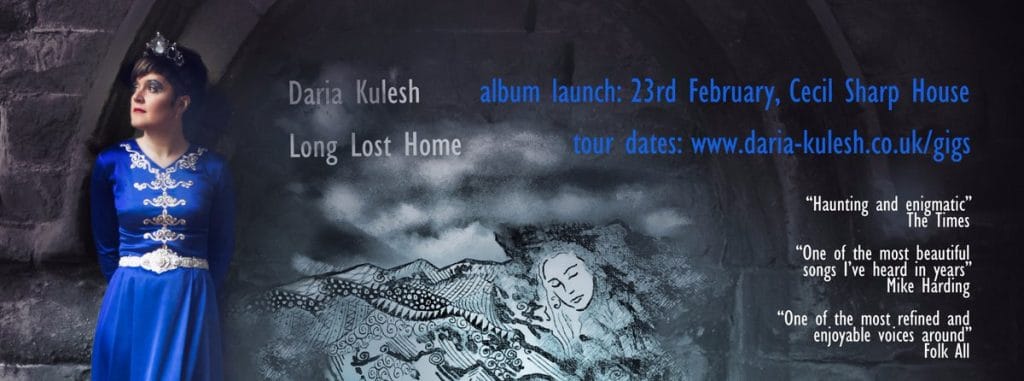Soonchild: A Theatre Review at the Montgomery Theatre 27.10.19

INTRODUCTION Bursting on to the Sheffield theatre scene comes “Soonchild”, a play from the Red Earth Theatre Company which is adapted from a book by Russell Hoban. It is a story of the environment and the value within it, as a whole it is based on Inuit mythology. Red Earth is an organisation based in […]
Daria Kulesh “Long Lost Home” – An Album Review

An album of resistance to oppression in armed and peaceful forms. Articulate and personal, it is peppered with tragedy but is in essence celebratory of family and the personalities whose stories are within. Sound Recording: Jason Emberton, Jonny Dyer Additional Recording: Timur Dzeytov Produced: Jason Emberton, Jonny Dyer, Daria Kulesh Introduction Daria Kulesh […]